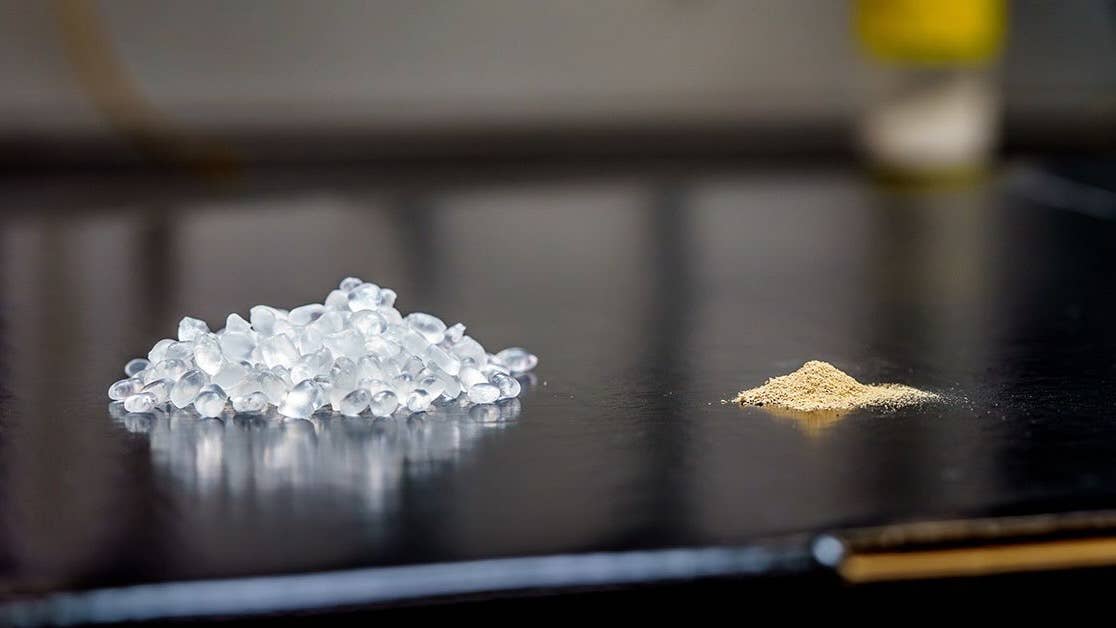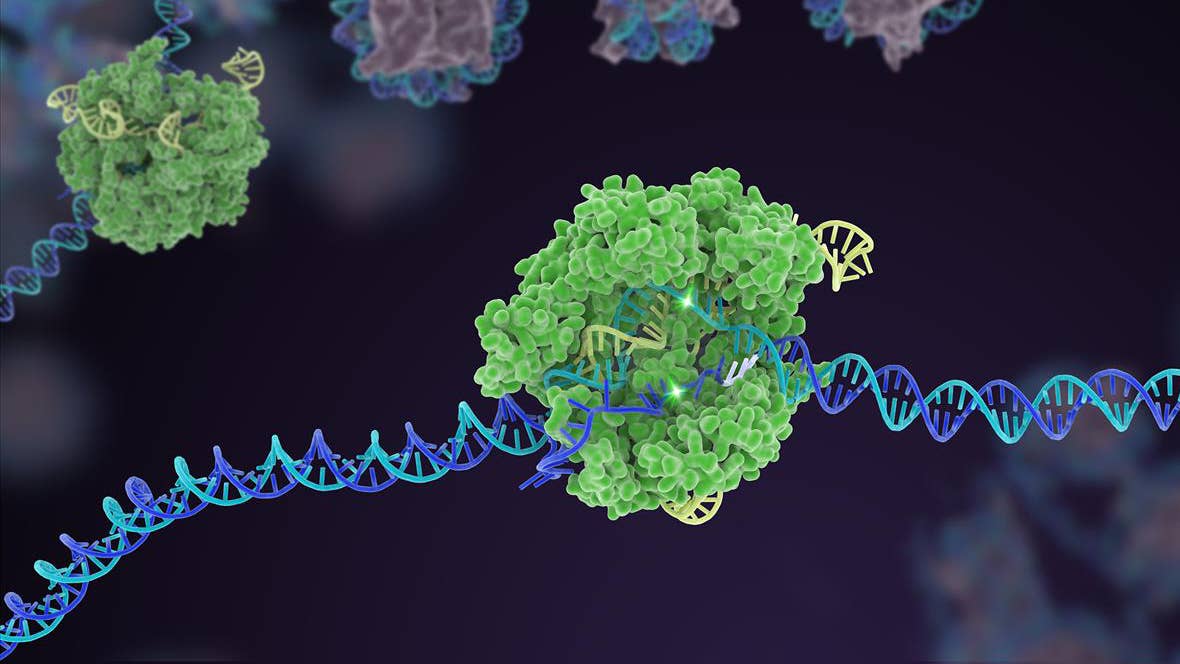This Plastic Is Embedded With Bacterial Spores That Break It Down After It’s Thrown Out

Share
Getting microbes to eat plastic is a frequently touted solution to our growing waste problem, but making the approach practical is tricky. A new technique that impregnates plastic with the spores of plastic-eating bacteria could make the idea a reality.
The impact of plastic waste on the environment and our health has gained increasing attention in recent years. The latest round of UN talks aiming for a global treaty to end plastic pollution just concluded in Ottawa, Canada earlier this week, though considerable disagreements remain.
Recycling will inevitably be a crucial ingredient in any plan to deal with the problem. But a 2022 report from the Organization for Economic Cooperation and Development found only 9 percent of plastic waste ever gets recycled. That’s partly due to the fact that existing recycling approaches are energy intensive and time consuming.
This has spurred a search for new approaches, and one of the most promising is the use of bacteria to break down plastics, either by rendering them harmless or using them to produce building blocks that can be repurposed into other valuable materials and chemicals. The main problem with the approach is making sure plastic waste ends up in the same place as these plastic-loving bacteria.
Now, researchers have come up with an ingenious solution: embed microbes in plastic during the manufacturing process. Not only did the approach result in 93 percent of the plastic biodegrading within five months, but it even increased the strength and stretchability of the material.
“What’s remarkable is that our material breaks down even without the presence of additional microbes,” project co-leader Jon Pokorski from the University of California San Diego said in a press release.
“Chances are, most of these plastics will likely not end up in microbially rich composting facilities. So this ability to self-degrade in a microbe-free environment makes our technology more versatile.”
The main challenge when it came to incorporating bacteria into plastics was making sure they survived the high temperatures involved in manufacturing the material. The researchers worked with a soft plastic called thermoplastic polyurethane (TPU), which is used in footwear, cushions, and memory foam. TPU is manufactured by melting pellets of the material at around 275 degrees Fahrenheit and then extruding it into the desired shape.
Given the need to survive these high temperatures, the researchers selected a plastic-eating bacteria called Bacillus subtilis, which can form spores allowing it to survive harsh conditions. Even then, they discovered more than 90 percent of the bacteria were killed in under a minute at those temperatures.
So, the team used a technique called adaptive laboratory evolution to create a more heat-tolerant strain of the bacteria. They dunked the spores in boiling water for increasing lengths of time, collecting the survivors, growing the population back up, and then repeating the process. Over time, this selected for mutations that conferred greater heat tolerance, until the researchers were left with a strain that was able to withstand the manufacturing process.
Be Part of the Future
Sign up to receive top stories about groundbreaking technologies and visionary thinkers from SingularityHub.


When they incorporated the spores into the plastic, they were surprised to find the bacteria actually improved the mechanical properties of the material. In essence, the spores acted like steel rebar in concrete, making it harder to break and increasing its stretchability.
To test whether the impregnated spores could help the plastic biodegrade, the researchers took small strips of the plastic and put them in sterilized compost. After five months, they found the strips had lost 93 percent of their mass compared to 44 percent for TPU without spores, which suggests the spores were reactivated by nutrients in the compost and helped degrade the plastic substantially faster.
It’s unclear if the approach would work with other plastics, though the researchers say they plan to find out. There is also a danger the spores could reactivate before the plastic is disposed of, which could shorten the life of any products made with it. Perhaps most crucially, plastics researcher Steve Fletcher from the University of Portsmouth in the UK told the BBC that this kind of technology could distract from efforts to limit plastic waste.
"Care must be taken with potential solutions of this sort, which could give the impression that we should worry less about plastic pollution because any plastic leaking into the environment will quickly, and ideally safely, degrade,” he said. “For the vast majority of plastics, this is not the case."
Given the scale of the plastic pollution problem today though, any attempt to mitigate the harm should be welcomed. While it’s early days, the prospect of making plastic that can biodegrade itself could go a long way towards tackling the problem.
Image Credit: David Baillot/UC San Diego Jacobs School of Engineering
Related Articles

What the Rise of AI Scientists May Mean for Human Research

Souped-Up CRISPR Gene Editor Replicates and Spreads Like a Virus

Your Genes Determine How Long You’ll Live Far More Than Previously Thought
What we’re reading
